Kevin Wright on crafting a twisty second season for the Marvel series
The last time viewers saw Loki—Marvel’s favorite anti-hero—it was during the first season finale of Disney+’s hit Marvel series, Loki. The God of Mischief was a bit out of sorts after jumping multiple universes and found himself running through the halls of the Time Variance Authority—the agency in charge of keeping the Multiverse in order.
This Thursday, viewers will find themselves back in the TVA with Loki and Mobius as they try to figure out what is causing Loki’s Time Slipping—and what to do about the revelation that everyone in the TVA is a variant.
Ever since appearing in 2011’s Thor, Loki—who is played by Tom Hiddleston—has lived many lives (literally), but throughout his journey he has been a fan favorite and a sly standout in the Marvel universe. To find out more about the joyfully twisty series, we spoke with Kevin Wright—the executive producer of Loki—about how Marvel Studios crafted an exciting season two.
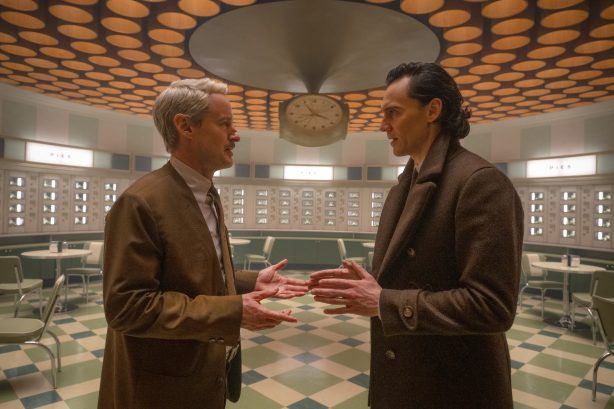
Loki was one of the most talked about Marvel series on Disney+ during its first season. What has you the most excited about season two?
This is the great thing with long form storytelling. Once the world is set up, once the characters are introduced—which was our season one—and audiences are into it, it allows us to just go deeper. People get the TVA, they get time travel, they get the Multiverse. All this stuff is just weird concepts that we were like, ‘are audiences even going to go for it?’ and because they buy in, it just lets us go deeper with the character conflict and drama.
And that’s what I’m most excited about because if you like Loki and Mobius in season one, you’re going to love them this season. If you like Loki and Sylvie, you’re going to like them even better because Tom and Sophia [Di Martino] are just at the top of their game. Everybody’s playing at the highest level, so it’s just exciting to dive deeper into a world that we know people are already excited about.
Tom Hiddleston was a very active producer on this season as well as its star. Can you tell me what impact Tom had on the season away from just playing Loki?
He’s the heart and soul of the show, behind the camera and in front of it. We started our conversations about what season two could be while we were finishing season one. We’re doing additional photography, and he and I were already talking about story structure, ideas, not wanting to just repeat what we were already doing. Tom will step aside, let the writers do their work, get these big ideas down, and then at a certain point he comes in and we start diving into those scripts. He’s like, ‘how do we make this tighter? How do we make this crazier?’ He is a presence, and it is always coming from a point of pure enthusiasm and joy for this character.
I think he really takes his role as a steward of the Loki character seriously, and he always wants to elevate the series… Every step of the way, he’s a true producing partner.
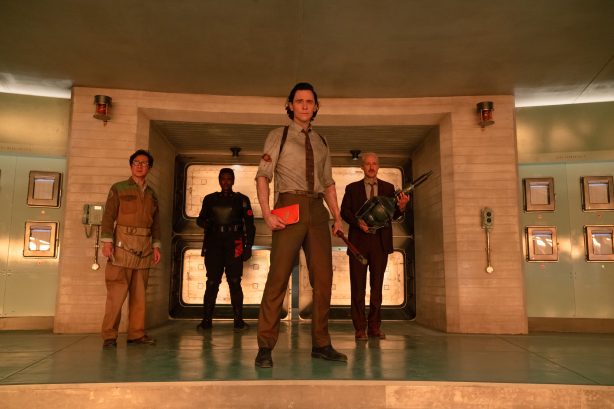
The marketing campaign for this season has been everywhere—especially the connection to McDonald’s. Does this show lend itself to fun, pop culture tie ins, and if so, how?
Time travel is only as interesting as the worlds that you’re going to, so being able to go to places and play with nostalgia and live in something like a classic McDonald’s—which is a completely based off a nostalgic view of the past—was something that excited us… You want to be able to look at the past and experience it with a fresh modern lens. Easter eggs and tie-ins feel like a fun way to experience that. That McDonald’s logo is instant shorthand to people’s own past and nostalgic views. So sometimes just as a storytelling device, it’s incredibly helpful.
Let’s talk about the costumes and production design. Why is it important for the series’ wardrobes and sets to have its own look and feel?
When we set out to make the show, we prioritize the cinematography, the sets, the costumes, all of that, and it’s a thing that I think can sometimes be taken for granted. Our show—which is so sci-fi—can become dislodged from reality very quickly, so being able to ground it in tactile sets, have lived in costumes and everything feel real and be there helps ground it not only from a cinematic point of view, but for our actors.
You’re reciting pages of sci-fi dialogue, but it all feels real because you’re in a real place. You’re in a real environment. Christine Wada—our costume designer—is world building with these TVA costumes and when we’re going to alien planets. So, to me, it just felt natural that if we are going to tell a fantastical story, we should find ways to ground it in reality, and that is through production design and costume design.
The Marvel brand has been huge in pop culture. How does Loki as a character and Loki as a series play its part in this franchise and in this universe?
I think he’s a reflection of our audience. Loki has been there since the beginning and as our audience has lived with our stories, seen all these different movies and now all these different shows, Loki has gone through so many different variations and story arcs.
Our audience has kind of grown up with these stories and lived with it so long, so I think there’s a constant want and need for reinvention, keeping things fresh, keeping things interesting and telling more in-depth and dramatic stories. Loki has been sort of the lens that we’ve been able to do that with over all these years working with Tom. So, just as Marvel has evolved in the culture, Loki has been able to evolve within our own storytelling.



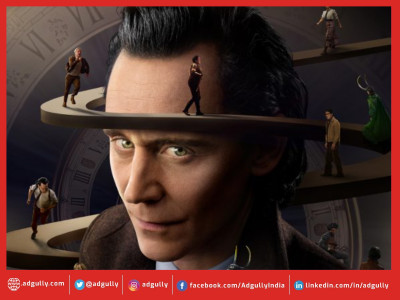
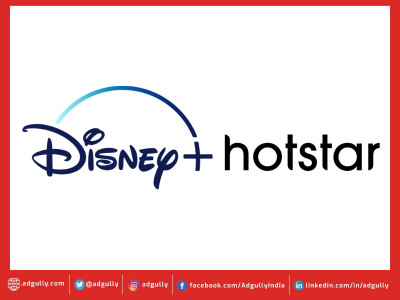

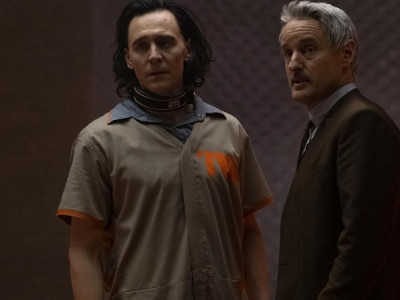
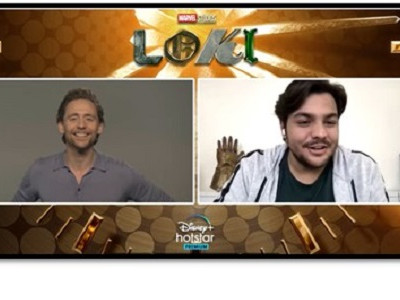



Share
Facebook
YouTube
Tweet
Twitter
LinkedIn